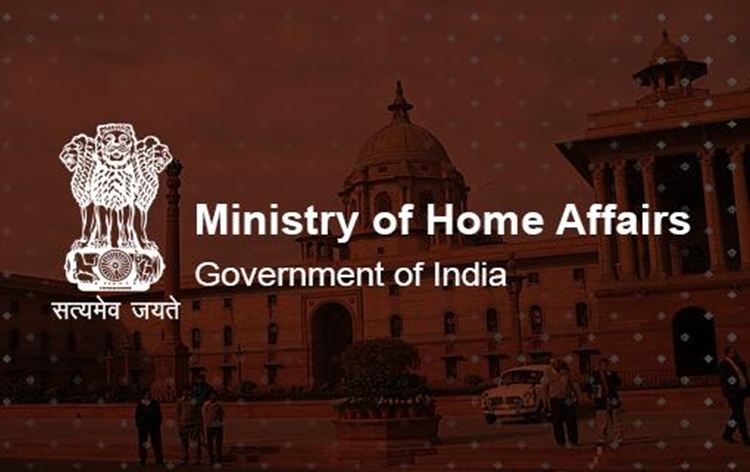The Ministry of Home Affairs (MHA) will notify the rules under the Citizenship Amendment Act (CAA) 2019 regulations on Monday, days ahead of the announcement of the Lok Sabha elections scheduled.
Taking to the micro-blogging site X, MHA posted, “The Ministry of Home Affairs (MHA) will be notifying today, the Rules under the Citizenship (Amendment) Act, 2019 (CAA-2019). These rules, called the Citizenship (Amendment) Rules, 2024, will enable the persons eligible under CAA-2019 to apply for the grant of Indian citizenship.”
“The applications will be submitted in a completely online mode for which a web portal has been provided,” it added.
Home Minister Amit Shah, on multiple occasions, said that CAA rules would be notified ahead of the Lok Sabha elections to be held in April and May.
The CAA rules, introduced by the Narendra Modi government and passed by Parliament in 2019, aim to confer Indian citizenship to persecuted non-Muslim migrants–including Hindus, Sikhs, Jains, Buddhists, Parsis, and Christians–who migrated from Bangladesh, Pakistan, and Afghanistan and arrived in India before December 31, 2014.
Following the passage of the CAA by Parliament in December 2019 and its subsequent Presidential assent, significant protests erupted in various parts of the country.
As per an official, the CAA law can be put into action with the issuance of MHA notifications, allowing eligible individuals to obtain Indian citizenship.
The implementation of the CAA, which has been delayed for over four years, necessitates the formulation of its associated rules.
“The regulations are prepared, and an online portal is already set up for the entire process, which will be conducted digitally. Applicants will need to disclose the year of their entry into India without any travel documents. No additional documentation will be required from the applicants,” stated the official.
On December 27, Union Home Minister Amit Shah asserted that the implementation of the CAA cannot be halted as it stands as the law of the land. He had also accused West Bengal Chief Minister Mamata Banerjee of misleading the public regarding this matter.
The assurance of implementing the highly debated CAA was a significant electoral agenda for the BJP during the previous Lok Sabha and Assembly elections in West Bengal.
Leaders of the ruling party at the Centre view it as a credible factor contributing to the BJP’s ascent in the state.
As per the manual of parliamentary procedures, the guidelines for any legislation should have been formulated within six months of receiving the presidential assent, or the government should have sought an extension from the Committees on Subordinate Legislation in both the Lok Sabha and Rajya Sabha.
Since 2020, the Ministry of Home Affairs has been regularly seeking extensions from the parliamentary committees to continue the process of framing the rules associated with the legislation.
Over a hundred individuals lost their lives either during the protests or due to police action after the passage of the law in Parliament. During the past two years, over 30 district magistrates and home secretaries across nine states have been authorized with the ability to confer Indian citizenship to Hindus, Sikhs, Buddhists, Jains, Parsis, and Christians arriving from Afghanistan, Bangladesh, and Pakistan under the Citizenship Act of 1955.
As per the Ministry of Home Affairs annual report for 2021-22, between April 1, 2021, and December 31, 2021, a cumulative count of 1,414 individuals from non-Muslim minority communities originating from Pakistan, Bangladesh, and Afghanistan were granted Indian citizenship through registration or naturalization under the Citizenship Act, 1955.
Under the Citizenship Act of 1955, Indian citizenship by registration or naturalization is granted to non-Muslim minorities from Pakistan, Bangladesh, and Afghanistan in nine states such as Gujarat, Rajasthan, Chhattisgarh, Haryana, Punjab, Madhya Pradesh, Uttar Pradesh, Delhi, and Maharashtra.
It’s notable that authorities in districts of Assam and West Bengal, both politically sensitive regions on this matter, have not been empowered with these citizenship-granting authorities thus far.
(ANI)














